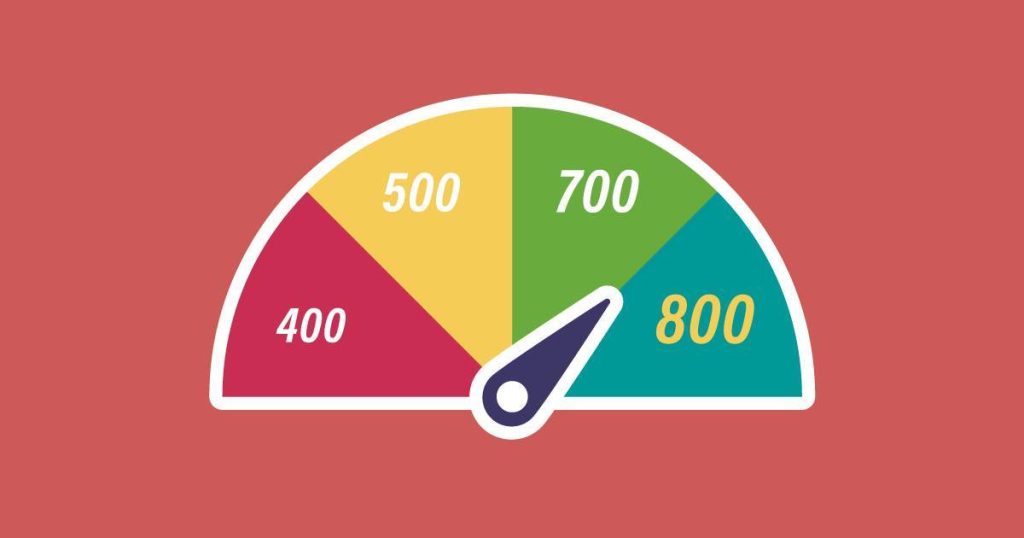By Amy Miller, AFC®

Buying a home is one of the largest purchases many will make in their lifetime. Having a healthy credit file and good money habits beforehand will lead to better loan terms, resulting in savings.
When you are ready to purchase a home and apply for a mortgage, reviewing your credit file is the first thing a lender will do. It’s your financial story that is used to gauge the level of risk the lender will be taking on if they grant your loan.
Many individuals prepare by focusing on their score but score alone is not the only element lenders use when deciding whether to grant a loan or not. Your entire credit file is reviewed, and several factors go into determining your eligibility.
Payment History
How you have paid your past obligations. This accounts for about 35% of your FICO score and is normally considered to be the most important. Lenders want to know they will be re-paid. Late payments, missed payments, bankruptcies, and defaults are blemishes that may not completely stop you from qualifying but could cost you more in interest and fees.
Credit Utilization – How much credit you have available versus how much you have utilized. Large amounts of debt are red flags to lenders because it decreases your ability to repay the loan. What is considered a “large amount” will depend on your income and the overall dollar amount of your debt. This is called your Debt-to-Income ratio (or DTI) and accounts for 30% of your score.
Length of Credit – How long you have had credit established accounts for about 15% of your score. Lenders like longevity. A good long track record says you are responsible for the credit you have been granted.
Credit Mix – The types of credit you utilize. A mix of secured and unsecured is good in a lender’s eyes. Too many unsecured accounts are again – a red flag. Lenders must consider the possible outcome if you were to max out all open lines of credit and how it would affect your ability to repay.
New Accounts – Having an established credit history with a good mix is ideal but too many new accounts are not and can be troubling when applying for a new loan or mortgage. Lenders will question why you have established multiple new lines and your ability to repay all of them.
It’s important to note that there are a few other things like employment history, time at current residence, how often you change cell phones and occupational licenses that can also be reviewed in addition to your credit file.
Preparing
Taking time to prepare could pay off and result in better loan terms, which means more savings in the long run. Here are a few tips to get started:
*Pull credit reports from all 3 bureaus (The Big Three – Equifax, Experian & TransUnion) and review. Check to ensure that your information is correct and up to date.
*Dispute inaccuracies. Around 25% of American consumers find errors in their reports. An error could impact your ability to qualify for a loan. You can file a dispute online with each of the credit bureaus (links below).
*Reduce Debt. Generally, the lower your debt-to-income ratio the better, but lenders have different guidelines. One may have a cut-off much lower than another’s. An example would be the difference between two institutions I have been a lender for in the past – one had a hard line of 35% (they were very conservative), the other 43% (which is considered the standard). This is when it is important to do your research, know where you fall and what your lender requires.
*Pay on time. I cannot stress this enough. I say this every time I’m asked about how to prepare or “fix” credit – ON TIME PAYMENTS BUILDS A HEALTHY CREDIT FILE. There is not a quick fix, no magic tricks – on-time payments – that’s it!
*Say NO to any new debt. This is also very important. New debt could disqualify you. Especially if you have started the process of applying and have been approved – DO NOT apply for any new credit. (I have witnessed approvals be denied/revoked the day before closing due to a new car purchase s I cannot stress this enough!)
*Budget. Know what you can afford (be realistic) and if you will you need a down payment (and how you will save for that down payment). You not only need to consider what you qualify for but what your actual comfort level is. There are several calculators on the internet that you can utilize. I always recommend talking to your local lender and possibly starting a pre-approval application to help you determine what is right for you and your individual situation.
*Seek coaching or counseling. If you are unsure what steps to take, seek some expert advice. Accredited Financial Counselors® can help by assessing your current situation, creating a plan to meet your goals, and hopefully getting you qualified! You can find an AFC® by using the following link: https://findanafc.org/
Hope this helps to get you on a path to homeownership. Stay tuned this month for more on home buying – next week we’ll discuss mortgages, down payments, and closing costs. 😊